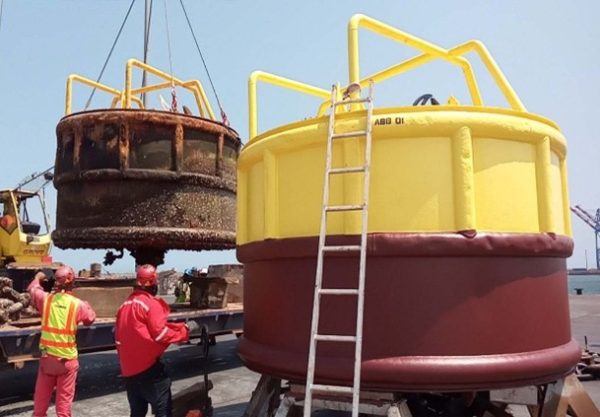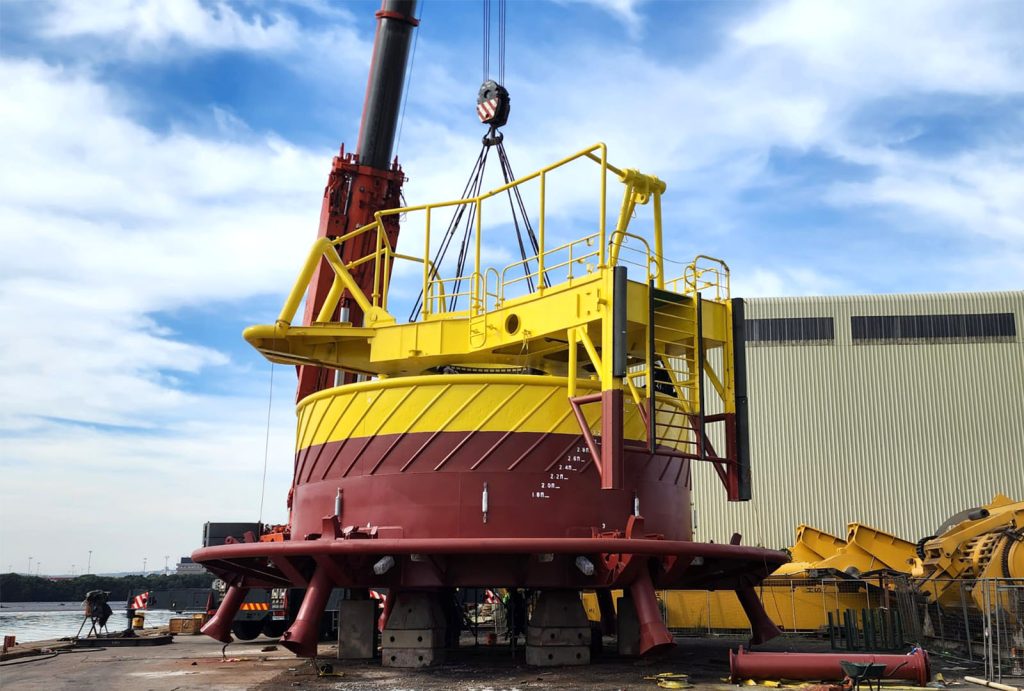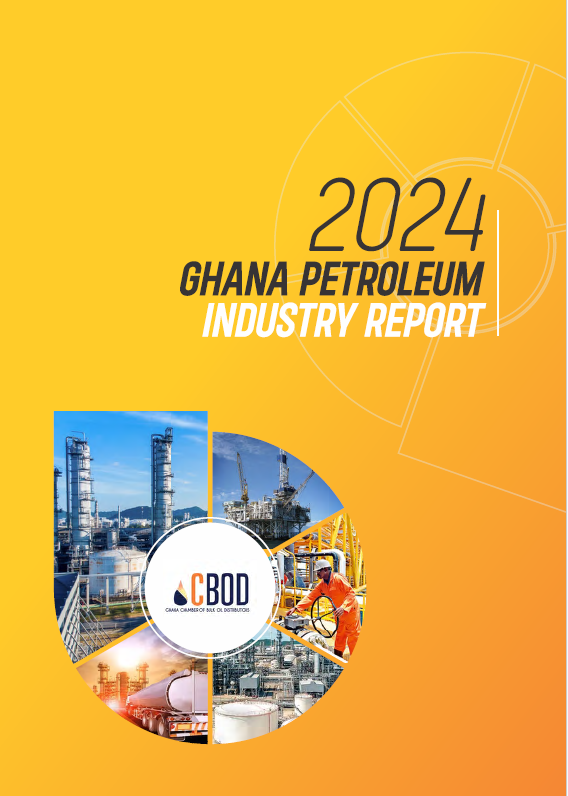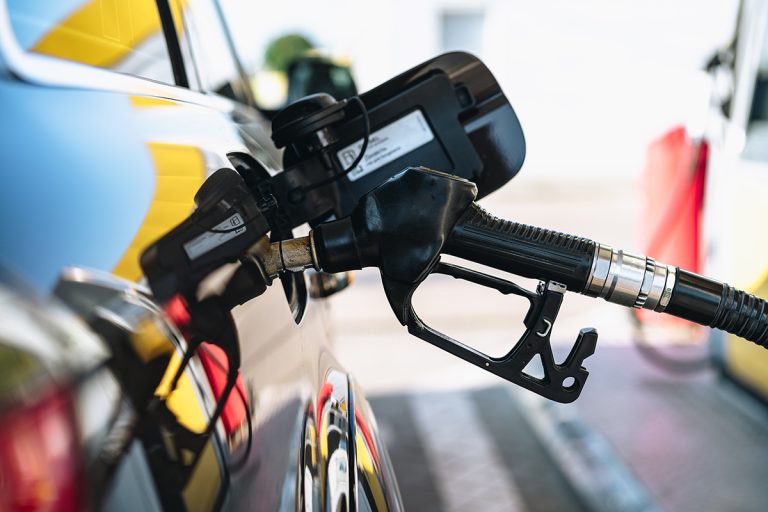Among the many factors that impact the operations and efficiency of Petroleum Service Providers (PSPs) in the Downstream Petroleum Sector of Ghana is inadequate infrastructure. Infrastructure is the backbone of the petroleum sector, especially given the sensitive nature of petroleum products. Although emphasis has always been given to the impact of international price volatilities of Crude oil and the Cedi/US$ exchange rates as the main causes of the constant hikes in prices of fuel at the pumps, little is known about the cost borne by consumers due to the constraints of infrastructure in the sector.
In Ghana, the pricing of petroleum products is guided by the National Petroleum Authority (NPA) pricing formula known as the petroleum products Price Build-Up (PBU). The PBU stipulates the indices that are considered in the estimation of the pump prices. The key components include International Price (FOB), Foreign Exchange (FX) rate, Suppliers’ Premium, and the constant conversion factors from metric tonnes to litres.
The Suppliers’ Premium includes all the other costs incurred by the Bulk Imports Distribution and Export Companies (BIDECs) for importing the petroleum product, including discharge fees, storage and rack loading fees, bank financing costs, demurrages, sample analysis, etc. The higher the cost of the various components of the Suppliers’ Premium, the higher the price of petroleum products at the pumps.

With regard to storage cost, available data indicates that Ghana is underutilising its installed petroleum products storage capacity. This implies that there is an oversupply of storage facilities for petroleum products. The tank-turn ratio, which is a measure of storage utilisation, reveals that the tank-turn for petrol, diesel, and LPG stood at approximately 26%, 28%, and 30% as of the end of 2023. Ghana’s storage cost of petroleum products is estimated to be the lowest in the sub-region, at about US$5/MT, due to the oversupply of storage facilities.
However, the major cost components that continue to impact the pump price of petroleum products besides the depreciation of the cedi are huge demurrages and high discharge fees. Ghana currently has about four mooring facilities for the discharge of crude oil and other petroleum products from vessels offshore to storage terminals. These facilities include the Single Point Mooring (SPM) and Conventional Buoy Mooring (CBM) operated by the Ghana Petroleum Mooring Services Ltd (GPMS), the Tema, and Takoradi Oil Jetties.
The SPM has a water depth of about 22.0m with an allowable draft of 17m, which connects tankers of a maximum of 155,000 DWT. It is mainly used for the discharge of crude oil. Available data indicates that the SPM discharges about 341,160 MT of crude oil annually.

The CBM has a water depth of 18.0m with an allowable draft of 12.2m, which connects tankers with a maximum length of 203.0m, a breadth of 32.2m, and a maximum of 50,000 DWT. The CBM is the main discharge facility for white products, mainly gasoil and gasoline, through 12’’ hoses and 18’’ pipelines. It discharges over 3 mn MT of petroleum products annually.
The Tema and Takoradi Oil Jetties are unable to receive larger vessels, which are the types of vessels typically used in delivering petroleum products in the sub-region. Although the Tema Oil Jetty is a multi-purpose product terminal that allows for the discharge and loading of petroleum and various petroleum products, it is typically not used for the discharge of petrol and diesel.
The government, since 2016, granted a 15-year exclusive right to GPMS to operate the SPM and CBM mooring facilities in Tema. Thus prohibiting the construction of any additional mooring facility on the shores of Ghana during the 15 years. This exclusivity right has created a monopoly, allowing GPMS to impose exorbitant discharge fees of an average of US$8/MT, significantly higher than the sub-regional average of US$5/Mt. These high fees are passed on to consumers through the PBU, contributing to higher pump prices.

Moreover, the exclusivity right has barred the construction of an additional mooring facility on the coast, thus amplifying vessel congestion (the struggle for vessels to berth and discharge products), given the fact the country’s import of petroleum products has surged from an average of about 3.66mn mt in 2018 to over 5.20 mn mt in 2024. The vessel congestion has also been exacerbated by a drastic decline in local production in recent years due to the shutdown of TOR’s refinery units, necessitating more imports. Data shows that national consumption has increased from 3.3omn mt in 2016 to 4.49mn mt in 2023, representing about a 36% increase without any infrastructure increase in the mooring system.
Following the higher discharge fees, landlocked neighboring countries in the subregion patronize port facilities in other neighbouring countries for the importation of petroleum products. Data from the NPA shows that less than 8% of petroleum products imported into Ghana are being transited to Burkina Faso and Mali due to the low patronage of our ports owing to higher discharge fees. Total exports in 2016 stood at about 532,802 mt in 2016 compared to 314,234 mt in 2023. Petroleum products transited to Burkina faso, Mali and Niger through through the ports of Ghana also declined from about 96,870 mt in 2016 to about 28,720 mt and 83,980 mt in 2018 and 2022, respectively.

In order to minimize the persistent congestion at the CBM and the potential erratic supply of petroleum products, the NPA undertook to implement a laycan schedule that regulates the order with which BIDECs can have access to the CBM to import products. The laycan schedule regulates the days in which a vessel of a particular BIDEC importing product is permitted to berth at the CBM and discharge into the storage terminals. In as much as the laycan intervention is to ensure that at all times there are sufficient volumes of all petroleum products stock in the country, this system has led to stock imbalances; disproportional supply of petroleum products. Thus, posing a national security risk in the event of a prolonged technical breakdown of the CBM.
Moreover, due to the increasing need to import petroleum products to meet increasing national demand, coupled with the limited discharge facility, vessels are delayed offshore beyond normal times. It is reported that some vessels are delayed for over 30 days. These delays result in unprecedented demurrages, which are ultimately passed on to consumers as higher pump prices. CBOD estimates the average demurrage incurred due to challenges with the discharge of products from vessels to be about US$1.5 mn to US$2 mn monthly. This is estimated to be about US$25 mn annually. Which is ultimately paid by the Ghanaian consumer.
In conclusion, the 15-year exclusivity right given to GPMS is largely restricting the ability of BIDECs to import petroleum products regularly. It has also stifled competition in the sector, leading to higher discharge fees and huge demurrages. This also poses a looming national security risk, as a prolonged facility breakdown could severely disrupt petroleum imports. Given Ghana’s lack of strategic petroleum stock, such a scenario would have dire consequences. Moreover, the higher discharge fees continue to impede the transit and re-export of petroleum products to other countries.
To address these challenges, the government must review the exclusivity right to permit the construction of additional mooring facilities. This would enhance competition, reduce discharge fees and demurrage costs, and improve the overall efficiency of petroleum product imports. By implementing these measures, Ghana can ensure a more resilient and cost-effective downstream petroleum sector while alleviating the financial burden on consumers. It will also incentivise the other landlocked countries in the subregion to patronise the Ghanaian port and storage depots for the import of petroleum products.





